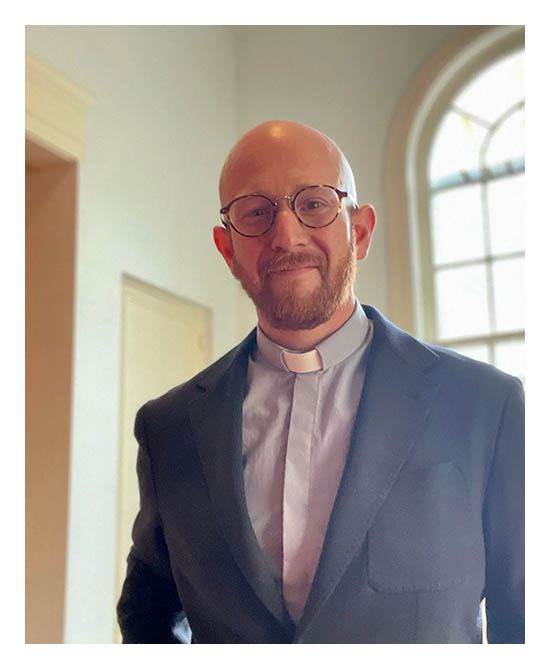“ Come to Me, all you who are weary and burdened, and I will give you rest. Take My yoke upon you and learn from Me; for I am gentle and humble in heart, and you will find rest for your souls” — Matthew 11:28–29
Hi. I’m Devin, and I’m missing something.

I have been fighting to find recovery and I’m not there yet.
My battle with addiction has been relentless, leaving me frustrated and lost. It all began in 2019, a year marked by a difficult divorce, the loss of my dream job, and a forced departure from the city I loved. The reasons behind my addiction matter less now than the fact that it’s something I’ll carry with me for life. At this point I don’t care whether it’s a disease, a choice, a behavior or genetic predisposition that is activated by environment. I want to find peace.
Addiction is insidious. The little maniacal voice inside my head pushes me toward using, weaving a web of lies.
“You’re alone on a Friday night. All your friends are out having fun. You could use and no one would know.”
False. They found out.
“COVID gives you the perfect excuse to be alone, to use, and to hide your come down. You can quit once the lockdown is lifted.”
False. I couldn’t.
“Tell them you don’t feel well. Your face is red because of a sunburn. You’re sweating bullets in January due to new medication.”
All lies. People eventually figured it out, and even if they didn’t, shame weighed me down.
In just four years, I’ve had hospital stays, spent thousands on my habit, ruined relationships, lost friends, and watched my goals crumble. I’ve been through rehab twice, changed cities, and missed loved ones’ life milestones. My family is at their wit’s end, and my vocation and career are in ruins. Most recently I lost my position at a job I viewed as a dream job. It was devastating.
The list of remedies and treatments I’ve tried is long, including meditation, medication, counseling, prayer, participation in various recovery programs, exercise, yoga, diet changes, adopting pets, changing social circles, journaling, and more. Despite my efforts, I haven’t been able to stop… yet.
So, what’s missing?
I’ve been forgetting about Grace.
I am saved by grace alone.
I can’t earn my way to recovery. Recovery happens when I have the courage to stop the cycle of self-deprecation and embrace that, in the eyes of God, I am already whole and loved.
Grace means recognizing that everything we have is a gift from God, from our first breath to our intellect, our nourishment, and life itself. “Give us today our daily bread.” God gives us what we need to sustain our lives. There is nothing, NOTHING that already has not been given. This revelation didn’t come from a meeting, book, or workshop; it came from loving churches, participation in the rites and sacraments of the Church, and mostly ordinary people extending God’s grace to me.
I’ve always been a member of a church that taught me I’m a beloved child of God, no questions asked. So, who am I to judge myself otherwise? My journey to sobriety is now about working alongside God to mold and transform my life, making Christ more visible through sacrament, repentance, learning, serving, forgiving, and accepting the unearned love that is God’s grace.
At this point in my journey, I am unwilling to identify with my brokenness when something better insists that my brokenness is nothing but the cross on which I will find grace.
I’ve wanted to try this for a while now: to use the tools of my faith — scripture, tradition, and reason — to discover the wholeness that was already gifted to me. I want to explore how a deeper internalization and acceptance of the grace present in Baptism, Communion, Repentance, Anointing of the Sick, etc. is the same grace that will lead to long term sobriety. I want to use the “grace tools” to allow me to live my saved and “recovered” potential that was not earned by me or by anyone’s tough love except Christ’s.
I want to dive head first, reaffirming and feeling love that is at the forefront of everything in the cosmos. I want to accept it not because I earned it, but because it's been there for my acceptance all along. I want to accept it so I can more fully embody what God has and always will desire for me. I want to help others do similarly.
I suppose that addiction will be the heaviest cross I’ll ever carry. However, crosses aren’t tools of death; they are the means of finding life.
Hi. I’m Devin, a Beloved Child of God.
